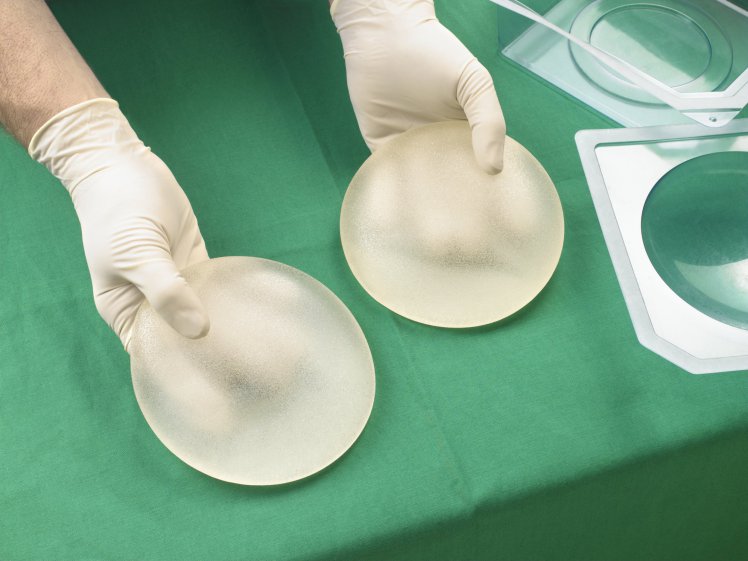Health experts have warned that breast implants causes cancer after nine women die of silicone-linked disease.

The FDA have confirmed silicone breast implants increase risk of cancer (Picture: Getty)
According to a report by Metro UK, breast implants have been confirmed to increase the risk of cancer, regulators say.
More than 350 women told the Food and Drug Administrations they had been diagnosed with rare and hard-to-treat cancer anaplastic large cell lymphoma (ALCL) – a type of non-Hodgkin’s lymphoma.
Nine of the women has since died.
The evidence is enough for regulators to acknowledge a clear link between silicone breast implants and the blood cancer. A possible connection with silicone implants and ALCL cancer was initially suggested by the World Health Organisation six years ago.
It was backed up last year when French regulators acknowledged the ‘clearly established link’ and ordered manufactures to assess the quality of their implants or face potential bans.
The FDA said: ‘All of the information to date suggests that women with breast implants have a very low but increased risk of developing ALCL compared to women who do not have breast implants.
‘Most cases of breast implant-associated ALCL are treated by removal of the implant and the capsule surrounding the implant and some cases have been treated by chemotherapy and radiation.
The statement added: ‘As of February 1, 2017, the FDA has received a total of 359 medical device reports of breast-implant-associated ALCL, including nine deaths,’ it said.
‘Breast implants approved in the U.S. can be filled with either saline or with silicone gel. They come in different sizes and shapes and have either smooth or textured surfaces (shells).
‘There are 231 reports that included information on the implant surface. Of these, 203 were reported to be textured implants and 28 reported to be smooth implants.’
Meanwhile, the UK Medicines and Healthcare Products Regulatory Agency is yet to establish the link, though it’s confirmed they are looking into the American and French findings.
A spokesperson for British organisation Medicines and Healthcare Products Regulatory Agency (MHRA) said: ‘We will closely monitor the results of the investigation by the French Regulatory Authority and will take appropriate regulatory or safety action if needed.’




